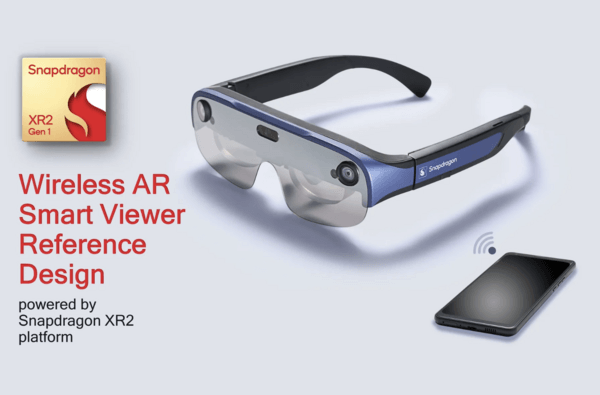On the 15th of October our book “Real Fake – Playing with Reality in the Age of AI, Deepfakes and the Metaverse” has been released. It is our take on synthetic media, deepfakes, fake news, conspiracy theories, memes, internet culture, Generation Z and Alpha, crypto, narrative economics, virtual humans, CGI influencers, vTubers, NFTs, DAOs, VR, Web3, the Creator Economy and the Metaverse. Real Fake is about how humans continuously manipulate reality and how new digital technology tools enable us to go one step further in this ancient game.
Why The Depp-Heard Trial Is So Much Worse Than You Realize

“What we’re witnessing here are the dramatically compounded effects of internet researcher Alice Marwick’s theory of morally motivated networked harassment, which holds that a group of social media users can justify any amount of abuse directed at a target if they feel their cause is morally right.”
Why Build in Web3?

“Today’s dominant internet platforms are built on aggregating users and user data. As these platforms have grown, so has their ability to provide value — thanks to the power of network effects — which has enabled them to stay ahead. […] In these business models, locking in users and their data is a key source of competitive advantage. […] But all of this might be changing. […] Web3, more than anything, is a fundamentally different approach that some developers have agreed to. It’s based on the premise that there’s an alternative to exploiting users for data to make money — and that instead, building open platforms that share value with users directly will create more value for everyone, including the platform. In Web3, instead of platforms having full control of the underlying data, users typically own whatever content they have created (such as posts or videos), as well as digital objects they have purchased. Moreover, these digital assets are typically created according to interoperable standards on public blockchains, instead of being privately hosted on a company’s servers. This makes the assets “portable,” in the sense that a user can, in principle, leave any given platform whenever they want by unplugging from that app and moving — along with their data — to another one. This is a major shift, which could fundamentally change how digital companies operate.”
Qualcomm’s New AR glasses Are Thinner And Wireless

“Qualcomm is introducing a wireless version of its augmented reality Smart Viewer, a reference design that manufacturers could adapt into commercial headsets. The Wireless AR Smart Viewer updates Qualcomm’s earlier smart glasses design with a higher-powered chipset, plus a tethering system that uses Wi-Fi 6 / 6E and Bluetooth instead of a USB-C cable. That comes with the tradeoff of potentially very short battery life — although Qualcomm says consumer-ready versions might be designed differently.”
MUST READ: The Potential Global Economic Impact of the Metaverse
“In a report titled The Potential Global Economic Impact of the Metaverse, an Analysis Group team quantified the potential economic impact of the metaverse if it were to evolve like prior successful technologies in terms of the rate of adoption by users and the impact on GDP. The researchers selected mobile technology as an appropriate analog because of similarities to the metaverse in the way it combined existing and nascent innovations to fundamentally alter global technological and economic landscapes. […] The researchers concluded that the metaverse has the potential to contribute 2.8% to global gross domestic product (GDP) in the 10th year after the start of its adoption. If adoption began in 2022, for example, the metaverse could contribute $3 trillion to global GDP in 2031.”
MUST WATCH: GTA San Andreas Remake – Amazing Showcase In Unreal Engine 5
Contact
Real Fake is a weekly newsletter in which SogetiLabs’s Research Institute VINT examines the future where synthetic reality becomes part or our objective reality. We investigate the impact of new technology on people, organisations and our society. If you have any questions or comments, do not hesitate to contact us. You can reach us at vint@sogeti.com.

 English | EN
English | EN 